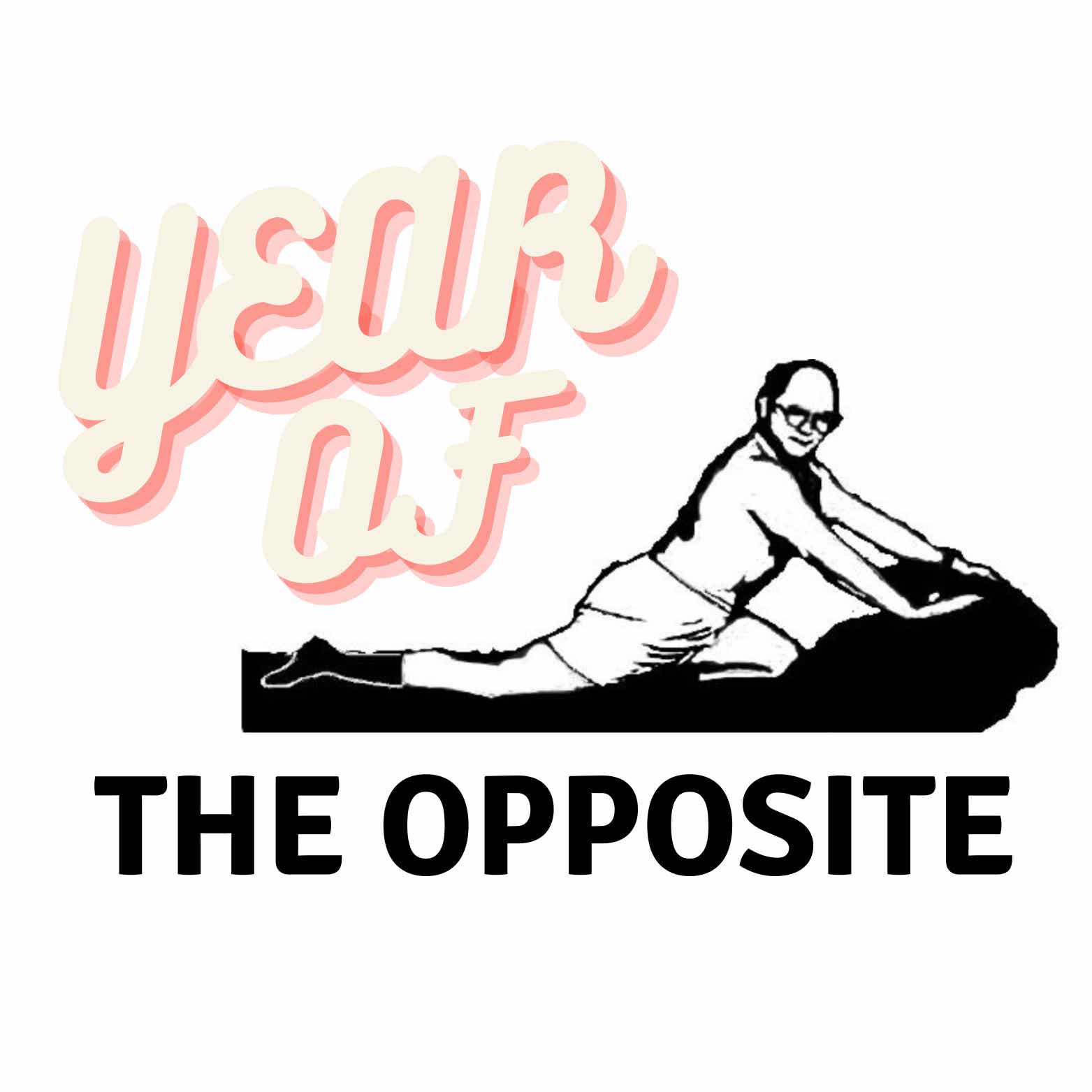The Science Behind Why Retelling a Memory Literally Rewrites Your Memory Of The Event
Description
For months I had been verbally telling the story of how I cured my depression in 30 days. It was a great story and it captivated people. The only problem was, it was a lie.
I wasn’t intentionally telling a lie. I genuinely and completely thought I was telling the truth. But when I set out to write last weeks post How I Cured My Depression I started revisiting my nightly journals to verify the events from my memory. While I was doing this I discovered that my memory of the timeline of events was incredibly wrong.
Year Of The Opposite - Travis Stoliker's Substack - is a reader-supported publication. To receive new posts and support my work, consider becoming a free or paid subscriber.
I’m not sure how it happened, but my memory of the timeline of events had gotten completely distorted. Here are some examples. I thought that my 3 friends all died within the matter of a couple months, it was actually closer to 5 months. I thought I had started seeing a therapist in July, but it was actually in April. I thought that my depression symptoms were resolved in a month, but it was actually closer to 6 or 7 months.
My memory of important details of the recent past was so filled with errors that I was stunned. I started feeling guilty that I had lied to people, even my closest friends, about the details of these events. To be clear, my post last week was as accurate as I could make it, it was the verbal story that I had told to others that had errors.
I was very fortunate that I have been journaling my thoughts and feelings daily for quite a while now, so I was able to check my fragile memory against a detailed journal of events that I wrote at the time. I was simply stunned at how many facts I had wrong.
This realisation got me thinking about a lot of things.
* How do our brains recall memories? Do we remember facts, or do we remember stories?
* How do the stories that we tell ourselves and others impact our memories over time?
* If my memory was so wrong about important facts from a year or two ago, how accurate can my memories be about events that occurred even longer ago?
* If my memory is this fragile, should I ever trust it? What other things have I gotten wrong in the past? How many arguments have I gotten into with others over a difference in the recollection of memories or events that happened in the past?
* As a society, how can we trust eyewitness testimony or accounts of the past that carry with it the possibility of sending someone to death row or prison for the rest of their life?
* How many memories of my childhood are actually true? Am I remember facts about my childhood or am I remembering stories that I have been told by others and stories that I have told?
It turns out that this is a complex and fascinating area of research, and the answers to these questions reveal a lot about how the human brain works.
The truth is, our memories are not as reliable as we would like to think they are. And mine is obviously pretty terrible! Research by Elizabeth J. Marsh, as detailed in her study, "Retelling Is Not the Same as Recalling: Implications for Memory," indicates that the stories we tell ourselves and others about our experiences can significantly shape our memories of those experiences. Her study demonstrates that when we recall events, we're not always just recalling the raw facts. Instead, our memories are influenced by our retellings of these events. In essence, each time we retell a story, we may be remembering it slightly differently, and those changes can accumulate over time, leading to a memory that may be quite different from what actually happened.
Another fascinating study by Pillemer and White, titled "Childhood Events Recalled," delves even deeper into this phenomenon. They introduce two types of memory: verbatim memory and gist memory. Verbatim memory is remembering the exact words used in a story, while gist memory is about remembering the general idea or theme. The real kicker is, ea
More Episodes
The National Association of Realtors agreed to pay $418 million to settle an antitrust suit that showed that they colluded to inflate commissions, block competition, inflate US housing prices, and harm consumers. The $418 million might seem like a lot, but it’s less that a half percent (.5%) of...
Published 05/28/24
Published 05/28/24
Today I am going to complain and I feel gross about it because my life is amazing and no one wants to hear someone complain. But I want to share this story because I think it shows a side of humanity that people don’t talk about.
TLDR: Here’s the short version…
* I believe in active citizenship,...
Published 05/21/24


